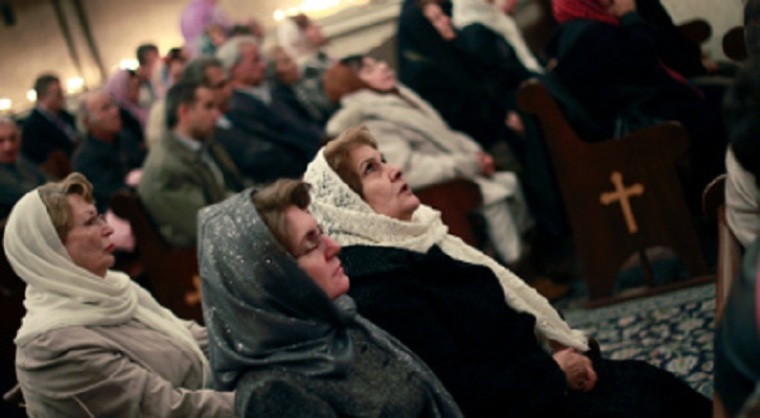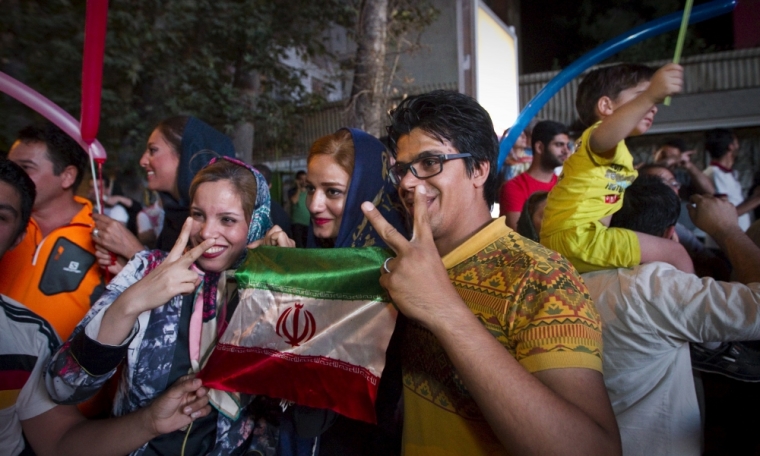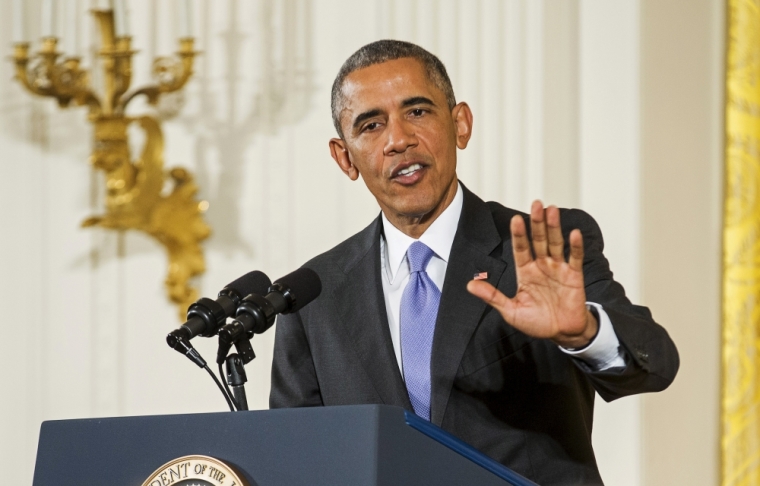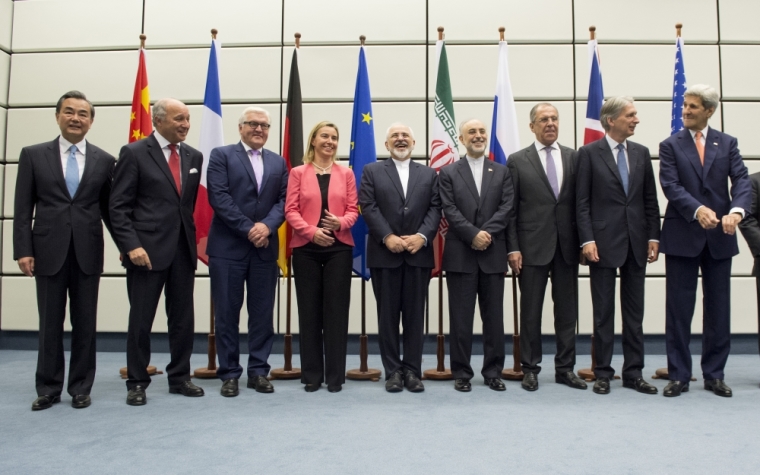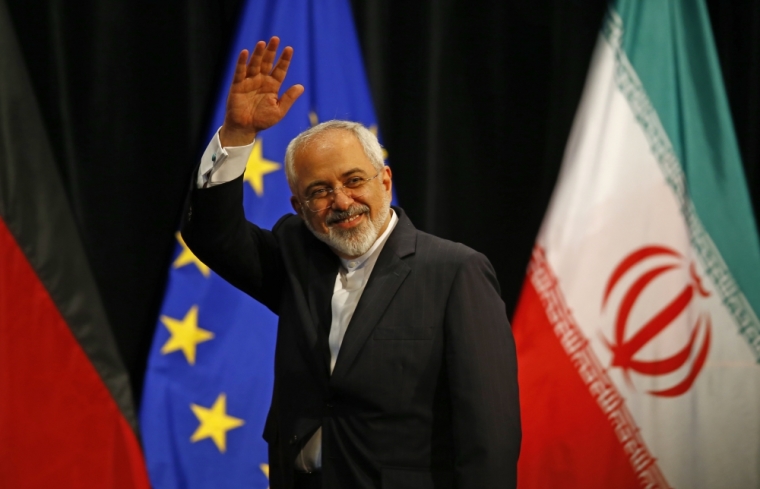Iranian Christians 'Thank Christ' for US-Iran Nuclear Deal, Priest Says 'Prayers Were Answered'
While the recent nuclear deal between Iran and six major world powers has stoked debate in the U.S. over the Obama administration's negotiating tactics, Iranian Christians are reportedly "thanking Christ" and view the agreement as an "answer to prayers," one Iranian priest has said.
"I can certainly say that all Christians, along with all the Iranian people are rejoicing because their prayers were answered," Chaldean Iranian priest Hormoz Aslani Babroudi, national director of the Pontifical Missionary Society of Iran, told Fides News Agency.
"From now on it will be easier for the world to have a positive outlook toward Iran, the desire for harmony will prevail and it will be easier to show everyone that Iran is not what some media networks report. We can work and use science for the good of the country, we can develop technologies to live better."
Babroudi added that the lifting of economic sanctions on Iran, in exchange for the Islamic Republic restricting its nuclear program, is of great joy to the minority Christian community in the country.
"We are all happy with this result, we do not consider ourselves foreigners, but Iranians and we are proud of it," the priest said.
"We pray our Lord Jesus Christ and give thanks to Him for this good news. We ask Him to protect us. We also ask Him to bless and give strength and courage to all the people and all our beloved Iran, including those who take care of us and lead the country."
President Barack Obama has faced criticism over the deal from several sources, and on Wednesday slammed suggestions that he is "content" with the continued imprisonment of four Americans in Iran after the deal failed to secure their release.
"Nobody is content, and our diplomats and our teams are working diligently to try to get them out," Obama responded to a question at a White House press conference. "Now, if the question is why we did not tie the negotiations to their release, think about the logic that that creates. Suddenly Iran realizes, 'You know what? Maybe we can get additional concessions out of the Americans by holding these individuals.'"
"And, by the way, if we had walked away from the nuclear deal, we'd still be pushing them just as hard to get these folks out," Obama added. "That's why those issues are not connected, but we are working every single day to try to get them out and won't stop until they are out and rejoined with their families."
The American Center for Law and Justice said that Obama "broke his promise" to the family of one of the imprisoned Americans, pastor Saeed Abedini, who is serving an eight year sentence for his Christian faith.
The ACLJ has argued that the international community should not be giving Iran any sanctions relief until it proves it is willing to improve its human rights record.
"President Obama told the Abedini family face-to-face that he considered the release of pastor Saeed a 'top priority.' How could that be a 'top priority' when a deal is reached and pastor Saeed is left behind? What happened today makes a bad deal even worse," said Jay Sekulow, chief counsel of the ACLJ.
Other world leaders, such as Israeli Prime Minister Benjamin Netanyahu, have also spoken out against the deal.
"From the initial reports we can already conclude that this agreement is a historic mistake for the world," Netanyahu said on Tuesday. "Far-reaching concessions have been made in all areas that were supposed to prevent Iran from obtaining nuclear weapons capability."
Babroudi argued that the lifting of sanctions will make life easier for regular Iranians, however, and said that the country is "rich in culture, inhabited by civilized and tenacious people," noting that in the past few years it has made advancements "in the field of science, education, technology and information technology, and also in that of medicine" despite the limitations.










